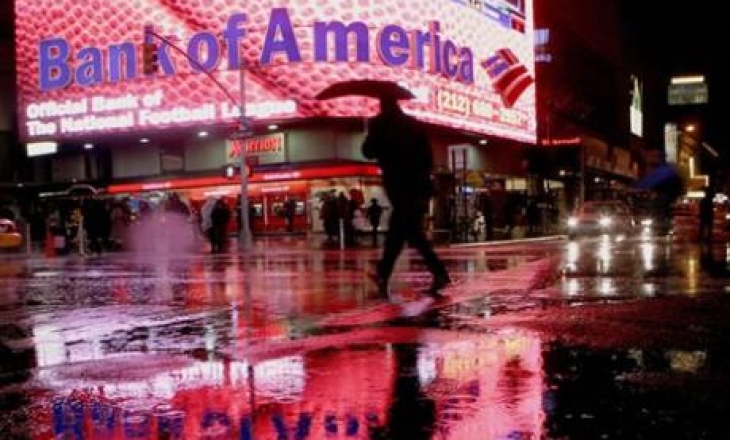Paris-based press freedom group Reporters sans Frontières (Reporters Without Borders) has launched a mirror website for the US diplomatic cables leaked by WikiLeaks. Its address is http://wikileaks.rsf.org.
“This is a gesture of support for WikiLeaks’ right to publish information without being obstructed,” RSF said in a statement. “We defend the free flow of information on the Internet and the protection of sources, without which investigative journalism cannot exist.”
By publishing the US diplomatic cables, WikiLeaks made a large amount of hitherto unpublished material available to five leading international newspapers and the general public. The harassment and attempts to close WikiLeaks represent an attack on the “democracy watchdog” role to which article 10 of the European Convention on Human Rights refers, the press freedom group said.
The European Court of Human Rights has on several occasions stressed that this role entails the protection of sources and the absence of government measures designed to silence these sources. As is often the case with investigative journalism, laws were broken to obtain the documents that were passed to WikiLeaks, and which WikiLeaks has made available to leading news media. In theory, this means that WikiLeaks, and the media that have been cooperating with it, could be regarded as accomplices.
But RSF pointed out that the European Court on Human Rights has ruled that the notion of “complicity” does not apply when it can it be said – as it can in this case – that the release of such documents serves the general interest and the public right’s to be informed.
RSF is hosting a WikiLeaks mirror site in the name of the free flow of news and information. “We are doing this solely as part of the partnership that WikiLeaks has established with news media. This partnership will be constantly reassessed in the light of WikiLeaks’ activities and the content it offers in the future.”
RSF has condemned the announcements by a series of international banking entities that they will no longer process payments for WikiLeaks. The latest, by Bank of America on December 17, was preceded by similar announcements by MasterCard, Visa Europe and PayPal. The state-owned Swiss bank PostFinance has meanwhile announced that it has suspended WikiLeaks founder Julian Assange’s accounts.
When MasterCard announced on December 7 that it was suspending payments to WikiLeaks, it said its rules “prohibit customers from directly or indirectly engaging in or facilitating any action that is illegal.” PayPal announced in a company blog on December 3: “PayPal has permanently restricted the account used by WikiLeaks due to a violation of the PayPal Acceptable Use Policy, which states that our payment service cannot be used for any activities that encourage, promote, facilitate or instruct others to engage in illegal activity.”
A Visa Europe spokesman said: “Visa Europe has taken action to suspend Visa payment acceptance on WikiLeaks’ website pending further investigation into the nature of its business and whether it contravenes Visa operating rules.”
Bank of America – the bank that WikiLeaks has said will be the subject of another major release of leaked documents – said in its December 17 announcement that it was following the example of MasterCard, PayPal, Visa Europe and others because it believed that “WikiLeaks may be engaged in activities that are, among other things, inconsistent with our internal policies for processing payments.”
RSF pointed out that no charges of illegal activities have so far been brought against WikiLeaks or its administrators. By anticipating the possibility of such charges, these banking entities are violating the right of the public to be able to provide WikiLeaks with financial support if they so choose.
By cutting off its sources of funding, these financial institutions could force WikiLeaks to close. If that happens, their decisions, which have no basis in any judicial ruling, would have violated the principle of freedom of expression, a principle enshrined in article 19 of the Universal Declaration of Human Rights.










